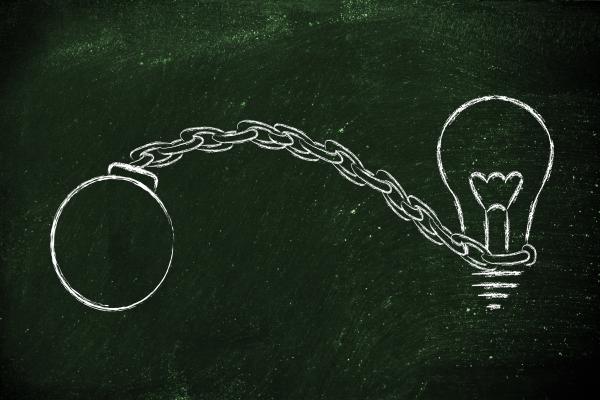September is often associated with the celebratory beginning of a new school year. It’s a time of hopeful anticipation for students, parents, and teachers filled with new school supplies and new friends.
In many communities, however, the beginning of the school year is a cause for concern and anxiety.
Instead of hallways filled with artwork and sports trophies, many students will walk into prison-like environments complete with metal detectors, and the presence of police and armed security officers. These officers have more than a chilling effect. They also have the authority to arrest students, often for minor misbehavior. When you couple the harshness of the school environment with zero tolerance policies that criminalize children’s non-violent infractions like being late to class, violating a dress code, or even chewing gum, one can begin to see the school discipline crisis.
The patchwork of overly harsh disciplinary policies that funnel children directly from the classroom to the juvenile justice system is referred to as the school-to-prison pipeline. In schools across America, students, especially students of color, who should be sent to the guidance counselor to find out what’s really wrong end up at the police station. These policies are expensive, unjust, and ineffective. They also lower academic achievement, lead to dropout, and do little to make schools safer.
Even more troubling, we find that the rules are different for children of color, who are punished more often and more severely than white students for the same offenses. These students are not behaving any worse than others, but they are disciplined at a higher rate because of racial bias. These same patterns we see in schools are also playing out in the criminal justice system: African Americans are imprisoned at higher rates and given more severe sentences than whites for the same offenses.
The school-to-prison pipeline is a moral and racial justice crisis. Solving the problem will require an all-hands-on-deck solution.
Read the Full Article

